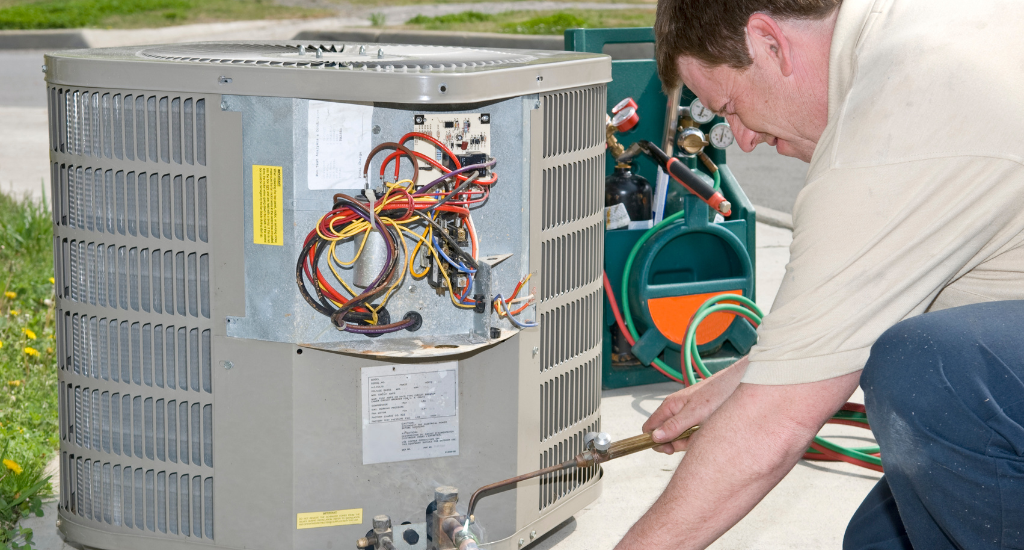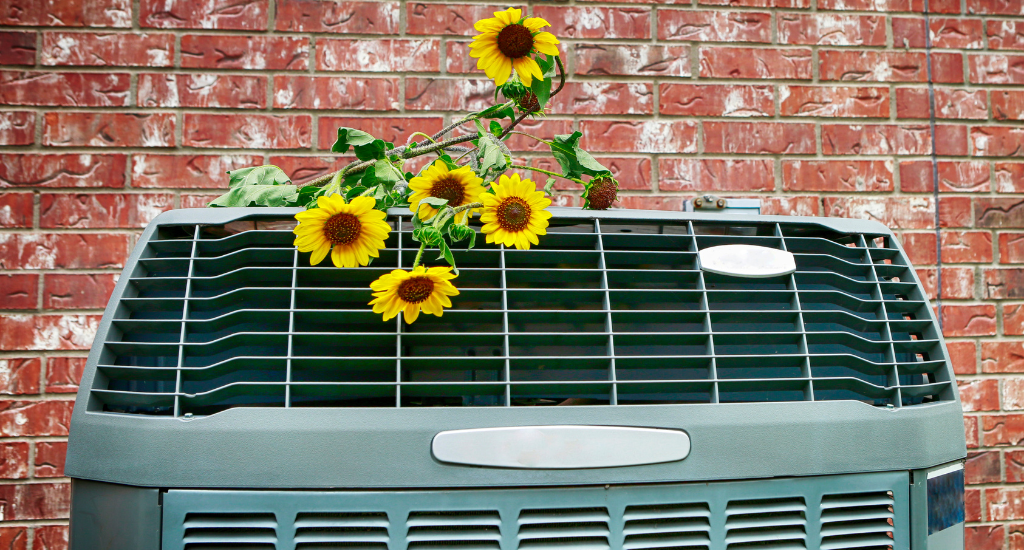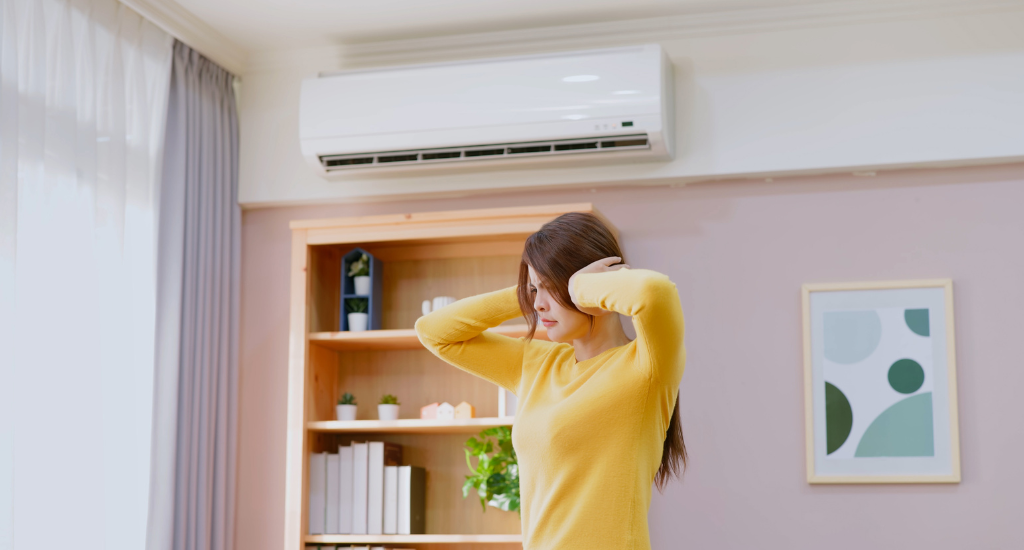If you’ve noticed your air conditioning (AC) compressor making a loud noise, it’s a clear sign that something is amiss. The compressor is the heart of your AC system, and any unusual sounds can indicate a problem that requires prompt attention. In this article, we’ll explore the common reasons why an AC compressor might be making a loud noise and provide you with the necessary information to address the issue.
Understanding the Role of the AC Compressor
The AC compressor is responsible for circulating the refrigerant throughout the cooling system. It’s a crucial component that helps to extract heat from the indoor air and transfer it outside, allowing your home to stay cool and comfortable. When the compressor is functioning correctly, it should operate quietly, with only a gentle hum or vibration.
Common Causes of a Loud AC Compressor Noise
There are several potential reasons why your AC compressor might be making a loud noise. Let’s explore the most common culprits:
| Refrigerant Leaks | One of the most common causes of a loud AC compressor noise is a refrigerant leak. When the refrigerant level in the system is low, the compressor has to work harder to maintain the desired temperature, leading to increased noise and potential damage to the compressor. |
| Worn or Damaged Compressor Components | Over time, the internal components of the compressor, such as the bearings, pistons, or valves, can become worn or damaged, causing the compressor to make loud noises. This can be due to normal wear and tear or a result of improper maintenance. |
| Electrical Issues | Problems with the electrical components that power the compressor, such as a faulty capacitor or a loose connection, can also lead to loud noises. These issues can cause the compressor to work harder, leading to increased noise and potential damage. |
| Debris or Obstruction | If there is debris or an obstruction in the compressor, it can cause the compressor to work harder and make loud noises. This could be due to a buildup of dirt, dust, or other foreign objects in the compressor or the surrounding area. |
| Compressor Overload | If the compressor is being overloaded, either due to a high cooling demand or a problem with the system’s airflow, it can cause the compressor to make loud noises as it struggles to keep up with the demand. |
| Compressor Failure | In some cases, the compressor itself may be failing, leading to loud noises and eventual complete failure. This can be caused by a variety of factors, including age, wear and tear, or a manufacturing defect. |
Diagnosing the Cause of the Loud Noise
If your AC compressor is making a loud noise, it’s essential to diagnose the underlying cause to address the issue effectively. Here are some steps you can take to identify the problem:

Step 1 – Inspect the Compressor
Visually inspect the compressor for any signs of damage, such as cracks, dents, or leaks. Listen carefully to the sound of the compressor and try to identify the specific type of noise (e.g., grinding, rattling, or humming).
Step 2 – Check the Refrigerant Level
Use a refrigerant gauge to check the refrigerant level in the system. If the level is low, it could be a sign of a refrigerant leak that needs to be addressed.
Step 3 – Examine the Electrical Components
Check the electrical connections to the compressor and ensure that they are tight and secure. Also, inspect the capacitor and other electrical components for any signs of damage or wear.
Step 4 – Assess the Airflow
Ensure that the airflow around the compressor is not obstructed and that the system is not overloaded. Check the air filters, vents, and ductwork for any blockages or restrictions.
Step 5 – Consult a Professional
If you’re unable to identify the cause of the loud noise or feel uncomfortable attempting to diagnose or repair the issue, it’s best to consult a professional HVAC technician. They have the expertise and tools to accurately diagnose and address the problem.
Addressing the Loud Noise
Once you’ve identified the cause of the loud AC compressor noise, you can take the appropriate steps to address the issue. Here are some potential solutions:
✔ Refrigerant Leak Repair – If the issue is a refrigerant leak, the leak will need to be located and repaired. This may involve replacing damaged components or recharging the system with the proper refrigerant level.
✔ Compressor Repair or Replacement – If the compressor components are worn or damaged, the compressor may need to be repaired or replaced. This is a more complex and costly repair, so it’s essential to have a professional HVAC technician handle the job.
✔ Electrical Component Repair – If the issue is related to the electrical components, the technician may need to replace the capacitor, tighten connections, or address any other electrical problems.
✔ Cleaning and Maintenance – Regularly cleaning the compressor and the surrounding area can help prevent debris buildup and ensure proper airflow. This can be done as part of a routine HVAC maintenance schedule.
✔ System Optimization – If the compressor is being overloaded, the technician may need to optimize the system’s airflow, adjust the thermostat settings, or address any other issues that are causing the compressor to work harder than necessary.
Preventing Future Compressor Noise Issues
To help prevent future issues with your AC compressor’s noise, it’s essential to maintain your HVAC system regularly. Here are some tips:
| Schedule Regular Maintenance | Have your HVAC system serviced by a professional technician at least once a year. This will help identify and address any potential issues before they become more serious. |
| Keep the Area Clean | Regularly clean the area around the compressor to prevent debris buildup and ensure proper airflow. |
| Monitor Refrigerant Levels | Periodically check the refrigerant level in your system and address any leaks promptly to prevent compressor damage. |
| Replace Worn Components | If you notice any worn or damaged components, such as the compressor bearings or electrical connections, have them replaced as soon as possible to avoid further issues. |
| Upgrade or Replace the System | If your AC system is older and experiencing frequent issues, it may be time to consider upgrading or replacing the entire system to ensure AC efficiency and reliable cooling. |

By understanding the common causes of a loud AC compressor noise and taking proactive steps to maintain your HVAC system, you can help prevent future issues and ensure your home stays comfortable all year round.




